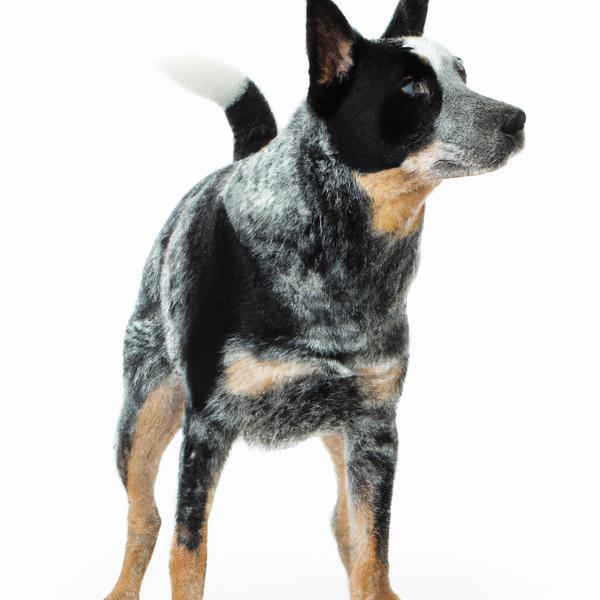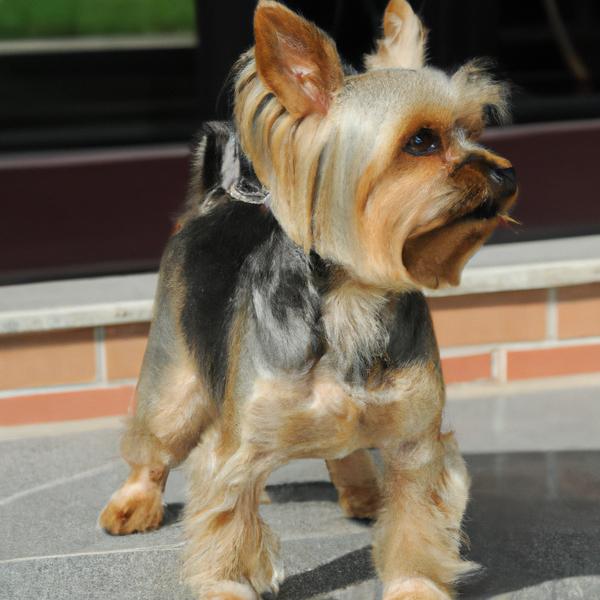Border Heeler vs. Yorkinese: Breed Differences and Similarities
Hypoallergenic
Are Border Heelers or Yorkineses hypoallergenic, or neither?
Unfortunately, neither Border Heeler nor Yorkinese are hypoallergenic, which may not make them the best choice for dog lovers who suffer from pet allergies.
Temperament
What are the personalities of Border Heeler and Yorkinese dogs?
Energetic
Protective
Alert
Intelligent
Responsive
Loyal
Aggressive
Tenacious
Playful
Stubborn
Independent
Energetic
Alert
Courageous
Intelligent
Affectionate
Loyal
Aggressive
Good-natured
Opinionated
Shedding Level
Do Border Heelers shed more than Yorkineses, or which breed sheds more, Border Heelers or Yorkineses?
Border Heelers are moderate shedders, but regular brushing can reduce shedding and maintain coat health.
Yorkineses are low shedding dogs, requiring minimal coat care.
Ancestry
What are the origins of Border Heeler and Yorkinese breeds?
Australian Cattle Dog (Blue Heeler), Border Collie
Yorkshire Terrier, Pekingese
Breed recognition
Which kennel clubs recognize/register Border Heeler and Yorkinese?
DRA = Dog Registry of America, Inc.
ACHC = American Canine Hybrid Club
DDKC = Designer Dogs Kennel Club
DRA = Dog Registry of America, Inc.
IDCR = International Designer Canine Registry®
DBR = Designer Breed Registry
Date of Birth
When were Border Heeler and Yorkinese breeds first developed?
Unknown
Litter Size
What is the usual litter size for Border Heeler and Yorkinese?
A Border Heeler can have a litter of 4-8 puppies on average. However, it's worth noting that the size of the litters can vary greatly. Factors that can influence litter size include the health of the mother, breeding history, and genetics.
A Yorkinese can have a litter of 4-6 puppies on average. However, it's worth noting that the size of the litters can vary greatly. Factors that can influence litter size include the health of the mother, breeding history, and genetics.
Adaptability
Border Heelers are known for their adaptability and can adjust well to different environments and lifestyle changes.
Yorkineses are highly adaptable and versatile, making them excellent companions for families and individuals of all lifestyles.
Health Issues
Between Border Heeler and Yorkinese, which breed is more prone to health problems?
While the Border Heeler breed is generally healthy, occasional vet check-ups are still necessary to address any health concerns.
Yorkineses typically have low vet costs due to their good health, but it's important to monitor their health and seek vet care when necessary.
Major Concerns
What are the major health concerns for Border Heeler and Yorkinese breeds?
Deafness
Hip Dysplasia
Collie Eye Anomaly
Patellar Luxation
Entropion
Portacaval Shunt
Tracheal Collapse
Skin Fold Dermatitis
Legg-Calve-Perthes Disease
Brachycephalic Syndrome
Exposure Keratopathy Syndrome
Minor Concerns
What minor health issues should be kept in mind when owning Border Heeler and Yorkinese?
Progressive Retinal Atrophy
Cataracts
Cerebellar Abiotrophy
KCS
Hydrocephalus
Eye Disease
Mitral Valve Disease
Occasional Tests
What occasional tests are recommended for Border Heeler and Yorkinese breeds?
Hearing
Hip And Eyes
X-Rays
Physical Examination
Knee
X-Rays
Eye Examination
Physical Examination
Endoscopy
Respiratory Tests
Heart Testing
Social Needs
Border Heeler vs Yorkinese social needs comparison
Border Heeler and Yorkinese have above average social needs compared to other breeds. They thrive in environments where they have a lot of interaction with humans and other dogs.
Sleeping Need
Which of the two sleeps the most/least: Border Heeler or Yorkinese?
Border Heelers are active and require sufficient sleep to stay healthy.
Yorkineses have moderate energy levels and typical sleep patterns of 12-14 hours per day.
Mouthiness
Mouthiness Comparison: Border Heeler vs Yorkinese?
Roaming urge
Border Heeler vs Labrador: Running away tendency?
Prey Drive
Border Heeler or Yorkinese - which breed has a higher level of prey drive?
Past times
What are some enjoyable activities and ways to keep Border Heeler and Yorkinese entertained?
Soccer, Catch treats, Run, Dog Parks, Tug-of-war, Walks, Frisbee, Swim, Rollerblading, Ball, Running, Play, Road trip, Cuddling, Hiking, Herding, Fetch, Being lazy, Sleeping, Jog, Camping, Training, Wrestling, Playing fetch, Watching storms, Walk, Vehicle rides, Heel, Hike, Tricks
Playing, Chasing kitty, Brushing, Car rides, Walks, Chase, Tug-of-war, Laser, Wrestling, Walk, Fetch, Walking, Playing fetch, Catch, Everything, Catch ball, Chase tail, Frisbee, Tug of war, Cuddling, Sleeping, Exploring, Play, Loving, Dog Parks, Running, Playdate, Ball
Activity Level
Which breed has higher energy, Border Heelers or Yorkineses?
Both Border Heeler and Yorkinese are medium-energy dogs that enjoy socializing and playing with other dogs. They may engage in casual or sustained games of chase, and occasionally have bursts of barking or racing around the house.
Tolerance of being left alone
Grooming
Which breed is easier to maintain in terms of grooming, Border Heelers or Yorkineses?
The Border Heeler has low grooming needs and is easy to maintain.
Yorkineses have high grooming needs, requiring regular trims and professional grooming assistance to keep their coat healthy.
Brushing Frequency
What is the recommended brushing frequency for Border Heeler and Yorkinese dogs?
Ideally, both Border Heeler and Yorkinese should be brushed at least 2 or 3 times a week (preferably daily) to improve shedding.
Sensitivity Level
How do Border Heeler and Yorkinese compare in sensitivity?
This breed is sensitive to its environment and best suited for patient and understanding families with a consistent routine.
This breed is sensitive and requires gentle handling and a calm home environment.
Apartment Friendly
Which breed is more apartment-friendly: Border Heeler or Yorkinese?
Border Heelers can do well in apartments with enough exercise and time outside, but a small yard would be ideal.
Yorkineses make excellent apartment dogs, being fairly active indoors and not requiring a yard.
Child Friendly
Do Border Heelers or Yorkineses have a friendlier temperament towards children?
Border Heelers make excellent family pets for kids due to their gentle, protective nature and calm temperament.
Yorkineses are not suitable for children.
Senior-friendly
Which dog is more suitable as a pet for the elderly - Border Heeler or Yorkinese?
Cat Friendly
Do Border Heeler or Yorkinese breeds have a better compatibility with cats?
Border Heelers are average in their friendliness toward cats and tend to do well with them, especially if raised together.
Yorkineses are very friendly with cats and make great companions for them.
Dog Friendly
Which breed is more sociable with other dogs: Border Heeler or Yorkinese?
{Border Heelers and Yorkineses are average friendly towards other dogs. If they are raised with other dogs, they are likely to get along with them. And, if they are socialized properly from a young age, they will usually be great with other dogs.
Pet friendly
How do Border Heeler or Yorkinese dogs interact with other pets?
Stranger Friendly
Which breed is more friendly with strangers: Border Heeler or Yorkinese?
Border Heeler and Yorkinese are average friendly around strangers. They can be wary around strangers and a little standoffish, so early socialization is key to ensure they are comfortable around new people.
Playfulness
Which breed is more playful between Border Heeler and Yorkinese?
Border Heelers are very playful, so adopting an older one might be a better option for a more relaxed experience.
Yorkineses are not known for being a highly playful breed.
Trainability
How do the trainability levels of Border Heelers and Yorkineses compare?
Border Heeler and Yorkinese dogs are known for their ease of training and ability to learn quickly, making them a popular choice for pet owners and trainers alike.
Compare Border Heeler with other breeds
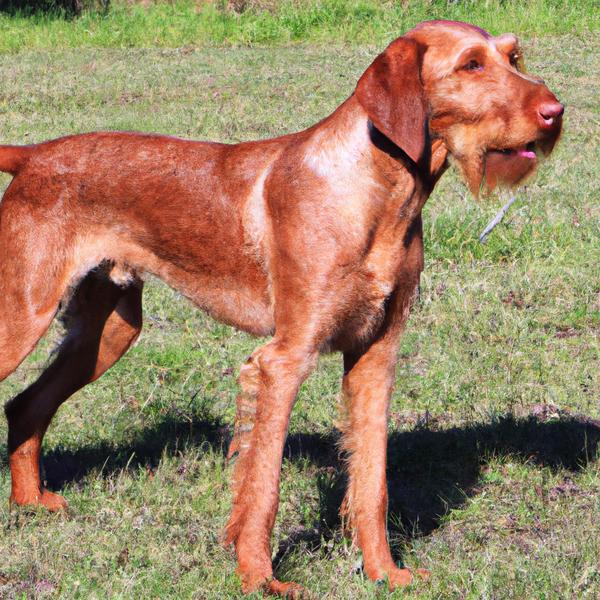
Wirehaired Vizsla
Border Heeler vs Wirehaired Vizsla

Shinese
Border Heeler vs Shinese
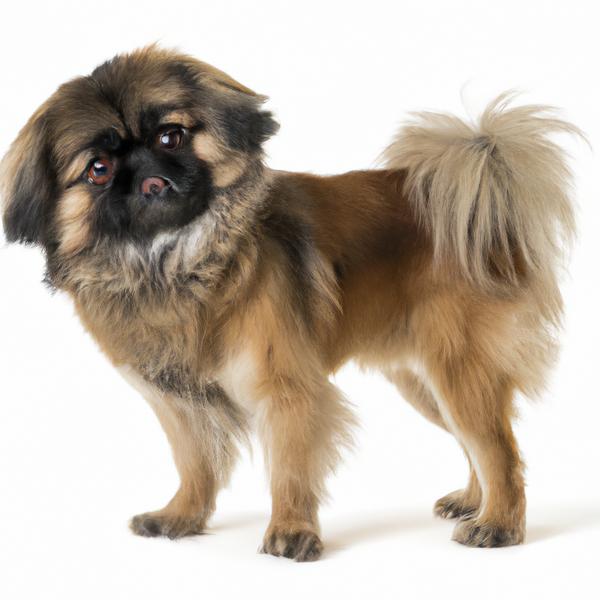
Peke-A-Boo
Border Heeler vs Peke-A-Boo
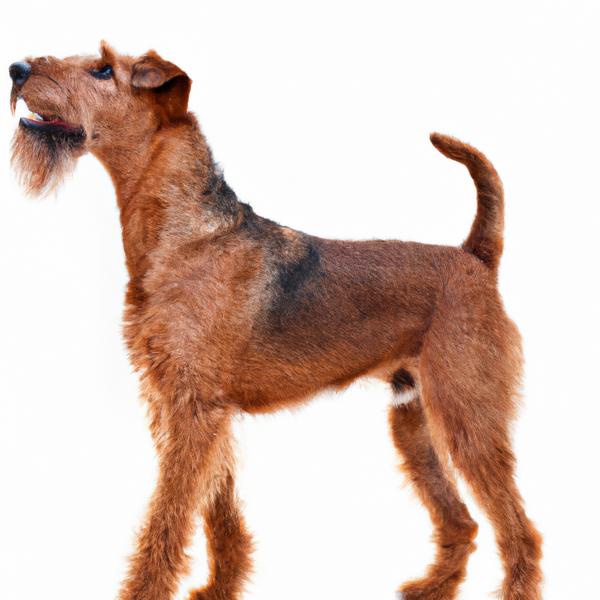
Irish Saint Terrier
Border Heeler vs Irish Saint Terrier
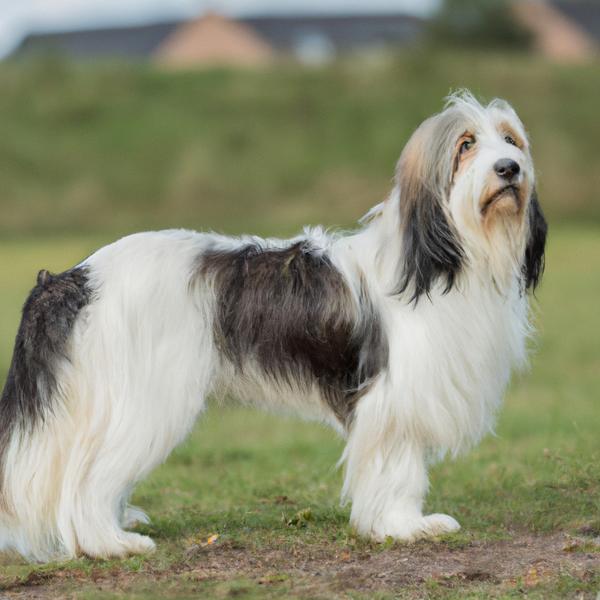
Havallon
Border Heeler vs Havallon
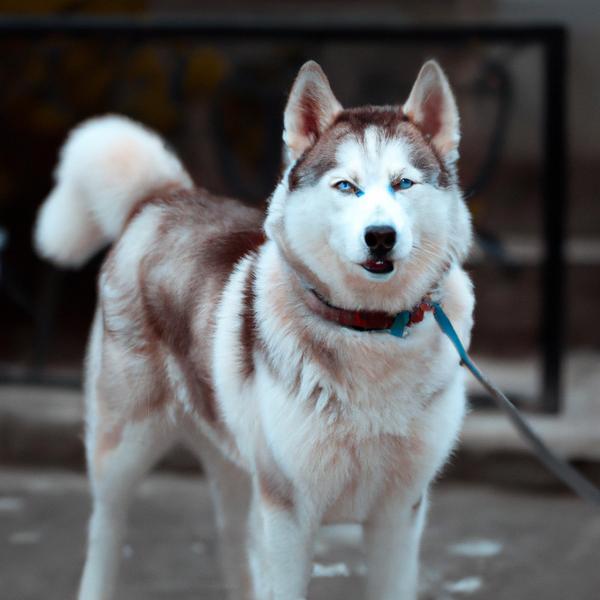
Sharberian Husky
Border Heeler vs Sharberian Husky
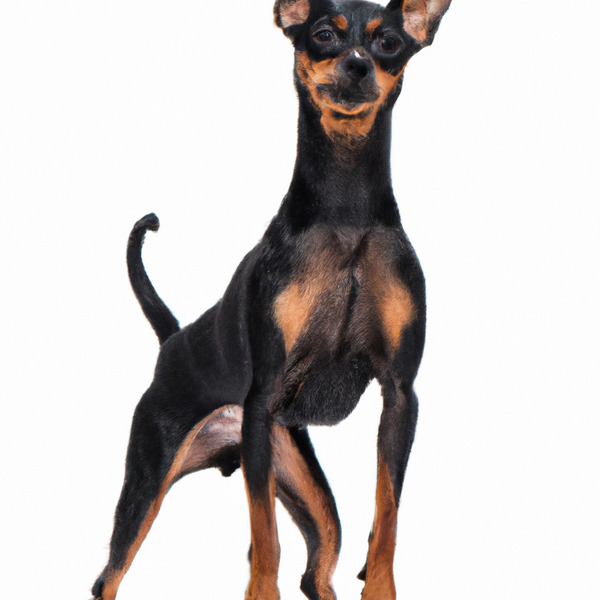
English Toy Terrier
Border Heeler vs English Toy Terrier
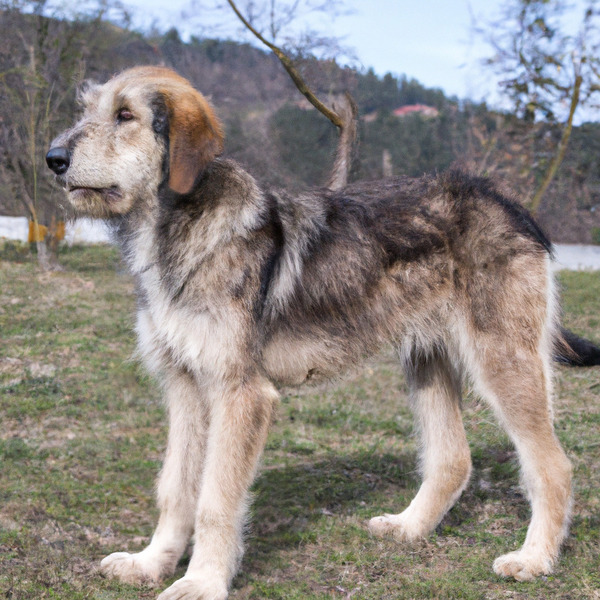
Barak (Bosnian Coarse-haired Hound)
Border Heeler vs Barak (Bosnian Coarse-haired Hound)
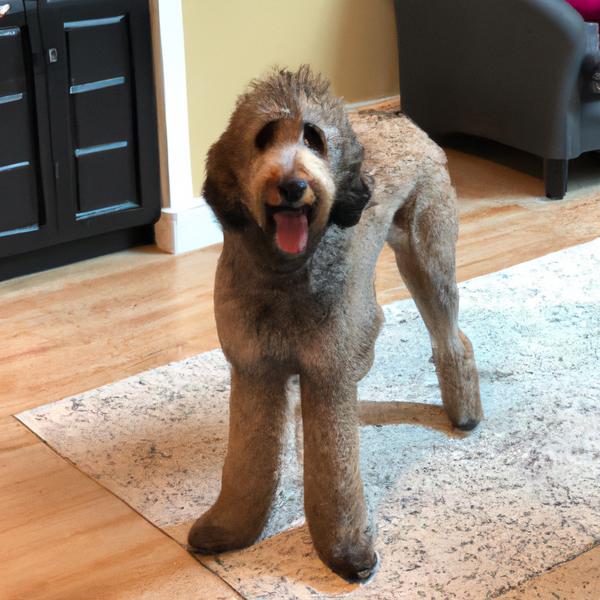
Great Danoodle
Border Heeler vs Great Danoodle
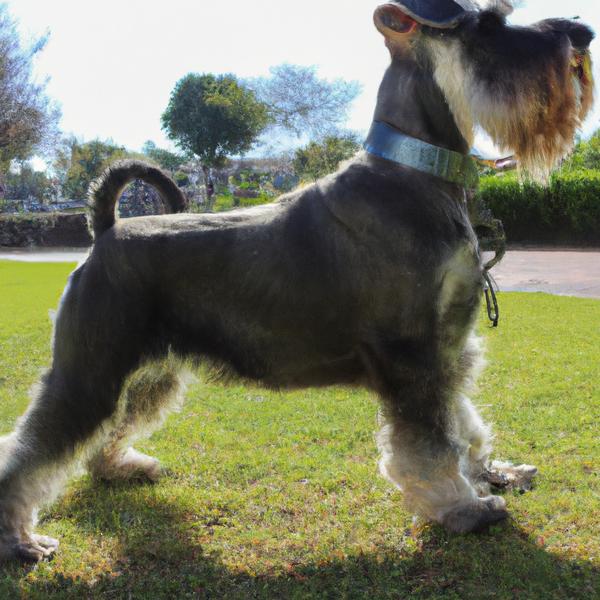
Mini Wire Hair Snauzer
Border Heeler vs Mini Wire Hair Snauzer
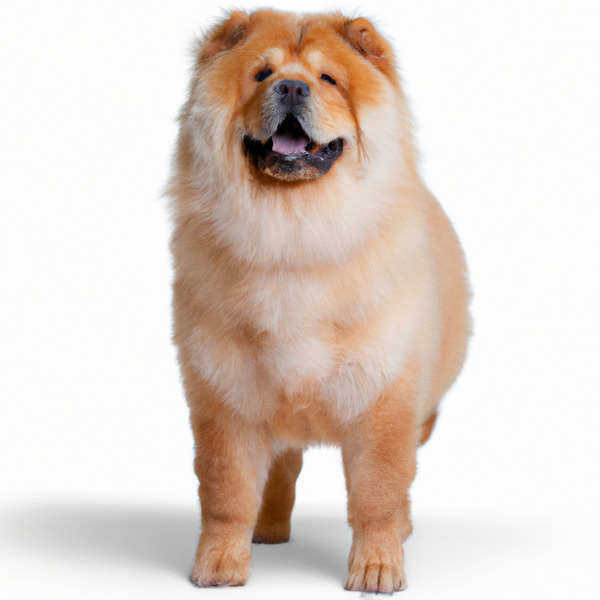
Shiranian
Border Heeler vs Shiranian
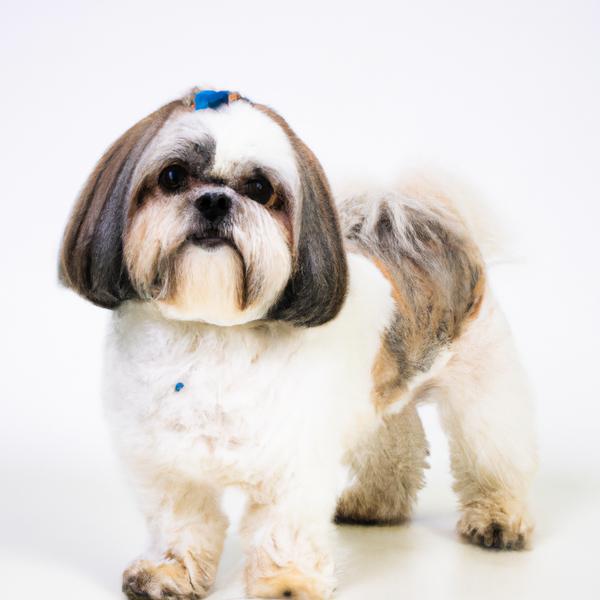
Shih Tzu
Border Heeler vs Shih Tzu
